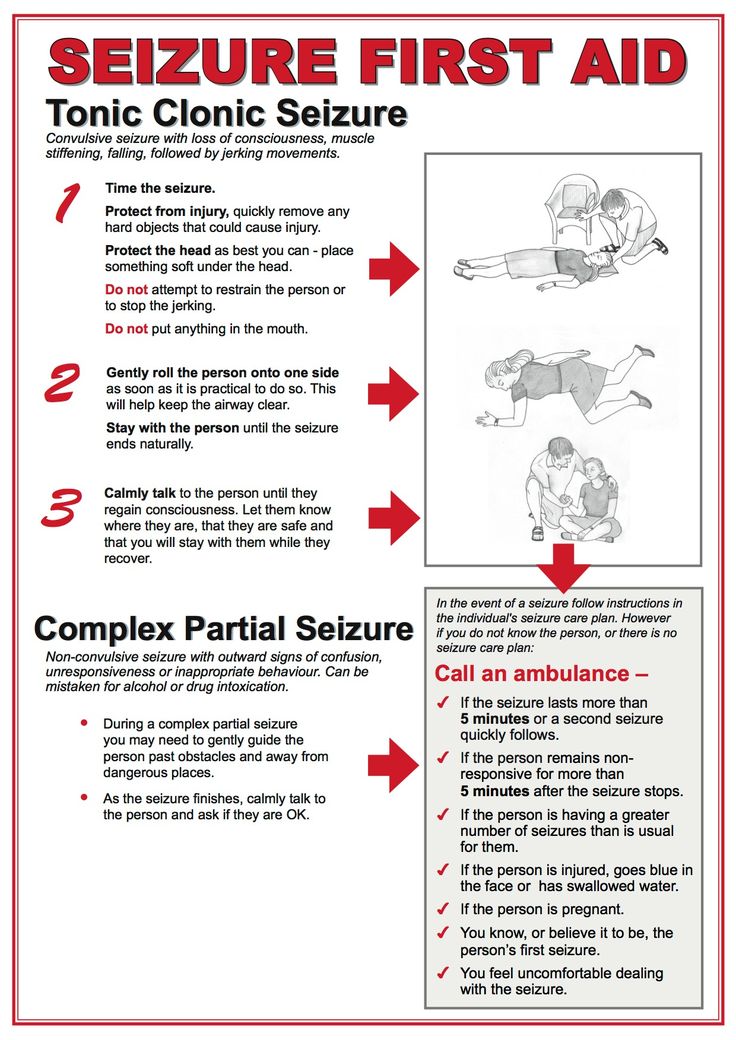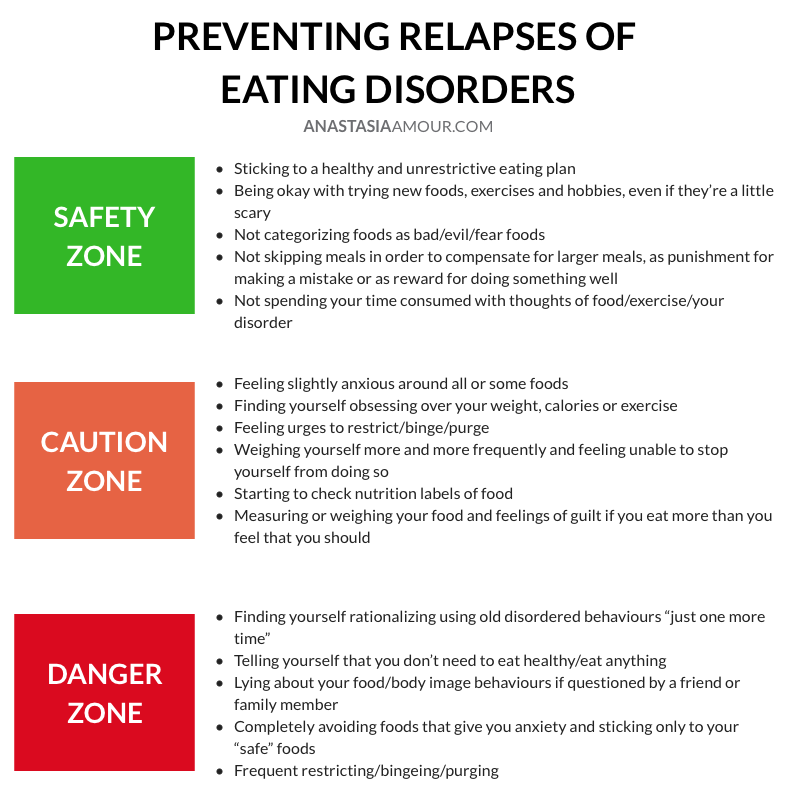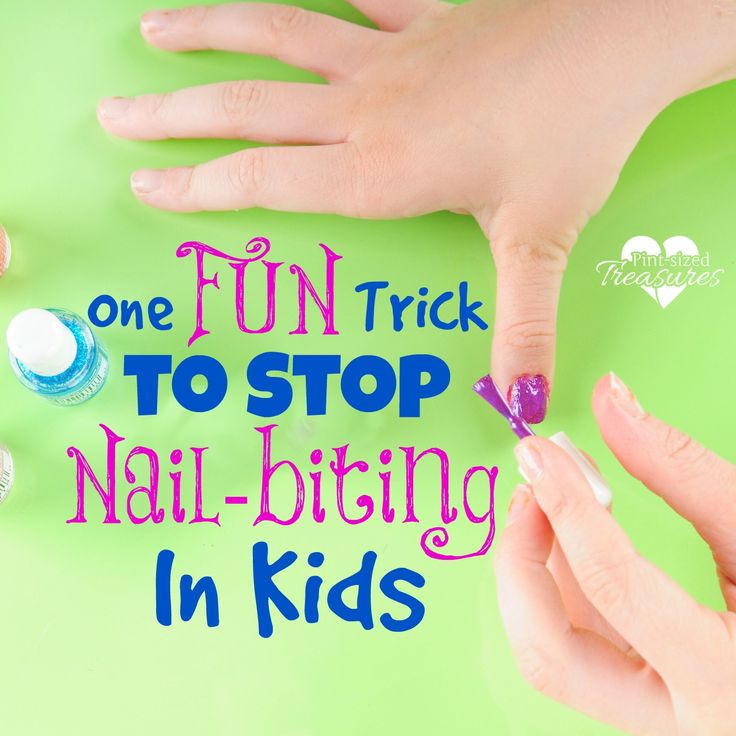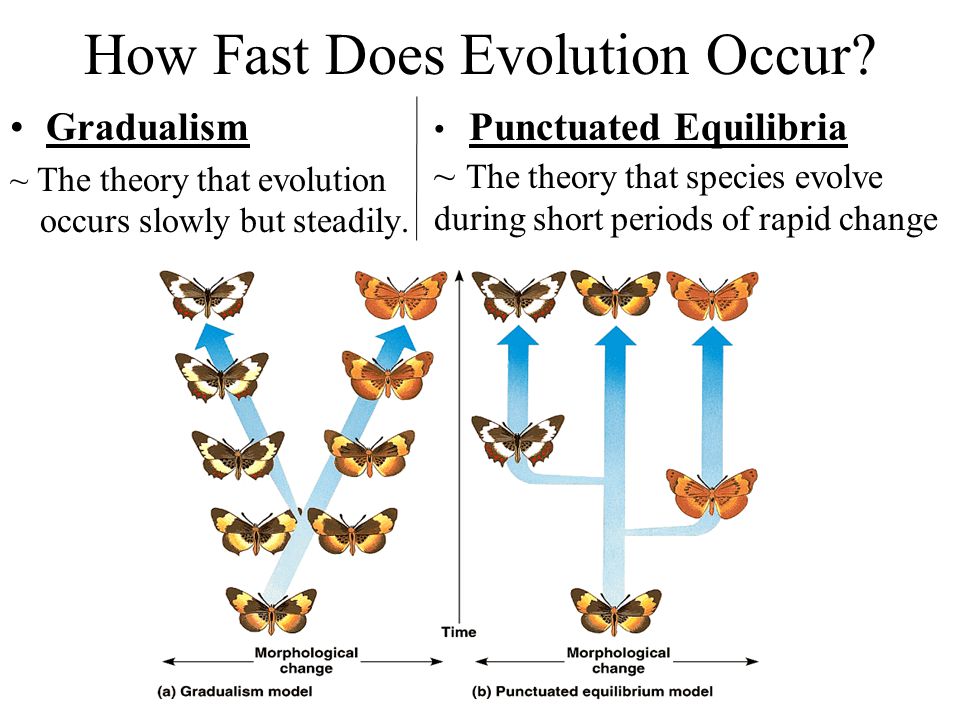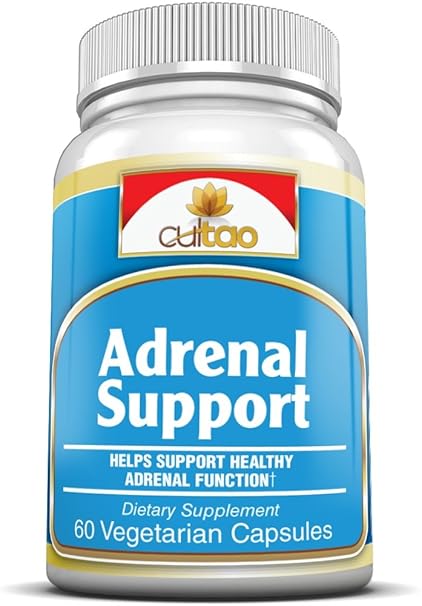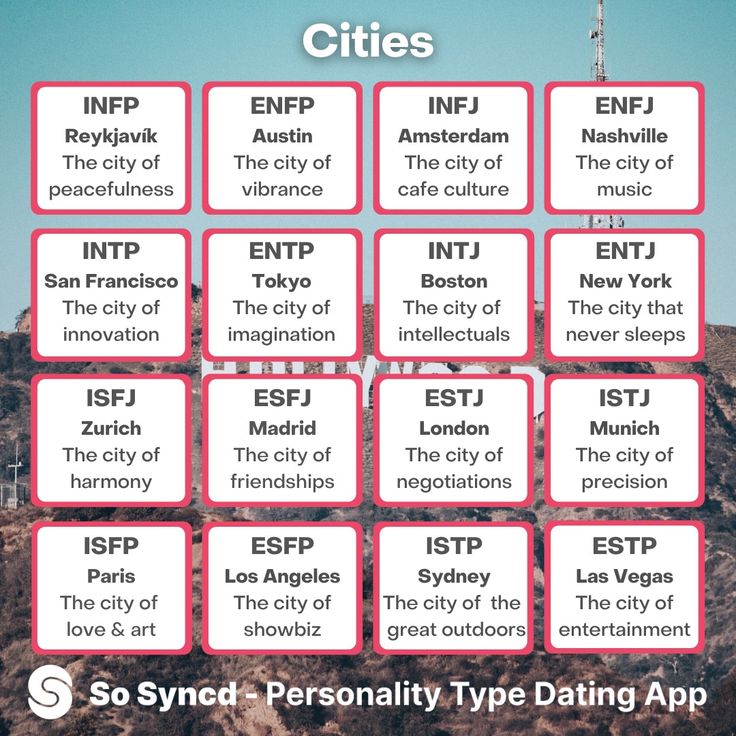How to cope with the loss of a friend
Losing a Best Friend: 7 Ways to Cope
Any loss can cause lingering pain, but the loss of a best friend can be particularly difficult to bear.
They’ve existed in your life for so long, you can’t imagine any other reality. “Best friends forever,” you might have promised. A world without them might seem completely altered, even impossible to navigate alone.
Whether your friend died or the two of you no longer talk due to personal differences, you’ve experienced a major loss. It’s only normal to feel grief.
Your grief might be complicated by the fact that society doesn’t always acknowledge the significance of friendships in the way it does romantic relationships or familial bonds.
This may leave you feeling excluded from mourning rituals, or as if other people judge you for being so deeply affected.
The seven strategies below can help you navigate your loss, regardless of the circumstances.
If you’ve heard of the five stages of grief, you may know denial appears first on that list.
But experts now consider these stages an outdated model for looking at grief. Elisabeth Kübler-Ross, the psychiatrist who developed them, never intended them to describe grief after a loss. She used them to describe the experiences of people confronting their own terminal illness.
While you might feel reassured to know others experience similar feelings, like anger, you might worry you’re doing something wrong when your grief follows its own path.
Denial, for example, can happen throughout the grieving process, not just at the beginning.
The important thing to remember is this: People react to loss in different ways. No predetermined process can outline what you’ll experience.
Loss stirs up complex emotions, including anger, frustration, sadness, confusion, and regret.
It can also leave you with some unanswered questions, especially when the loss came about not from death, but from a choice your friend made that you couldn’t accept.
You might never find answers, but ignoring your emotions won’t help you process grief and move forward, either.
Exposing the fresh wound of your loss might feel painful and impossibly difficult. Unless you unpack and work through your feelings, that wound can’t begin to properly heal.
If you’re struggling to get in touch with your feelings, talking to a trusted loved one or therapist can have a lot of benefit.
Sometimes talking about your feelings is easier said than done. That’s where journaling can be a big help.
In a journal, you don’t have to hold back or censor yourself. You can freely express anything, from sadness to disappointment to rage. Emotions given shape through written words can seem more real — and easier to acknowledge and process.
Grief often provokes angry responses, especially when you feel unable to cry or openly discuss your pain. A journal offers a safe, healthy outlet for feelings that others often expect you to keep inside.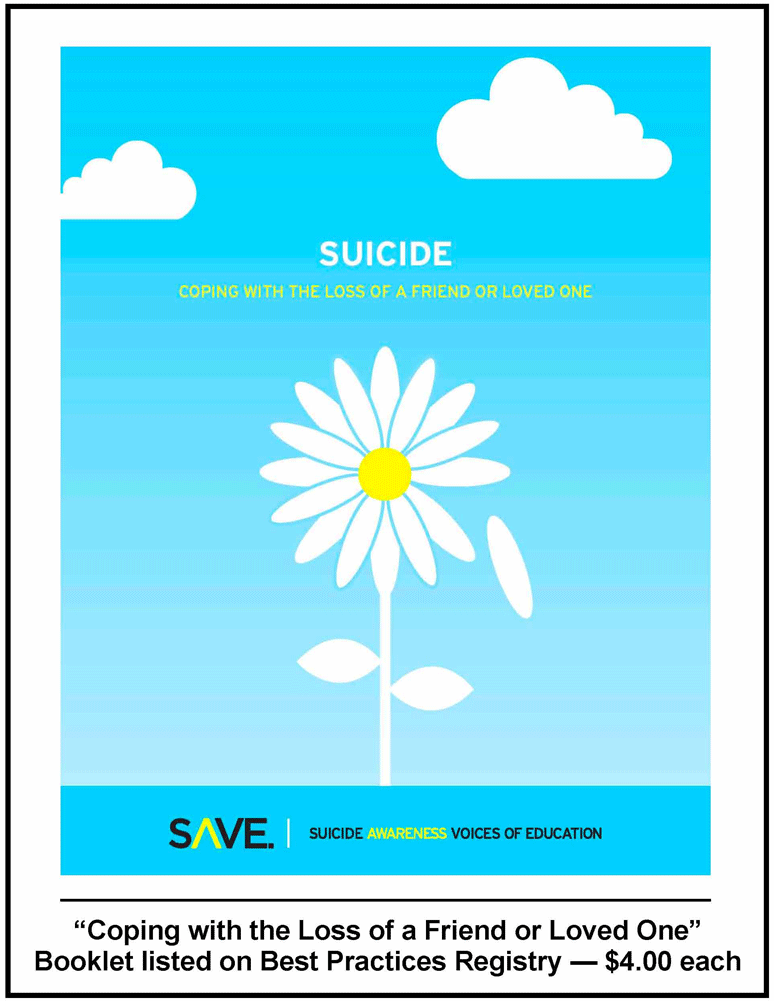
Journaling also offers the opportunity to recall happier memories. No matter what circumstances ended your friendship, treasuring the moments you shared can still have value.
Addressing a journal entry to your best friend can even give you the opportunity to “ask” unanswered questions and potentially gain some measure of closure.
If the written word isn’t your strong point, try an art journal for another way to express yourself.
There’s no easy way to say this, but true healing requires time. Often more than you’d imagine.
One 2019 study looked at bereavement in nearly 10,000 Australian adults who lost a close friend. The results suggest grief can impair physical and mental health, along with social function, for up to 4 years.
The fact is, non-kinship losses, like the loss of a best friend, often go largely unrecognized. People might understand your sadness, but society as a whole often fails to acknowledge the depth of this sorrow.
When you withdraw, feel exhausted or unwell, and can’t seem to stop grieving, you might be met with barely concealed exasperation or impatience instead of compassion and understanding.
Some people might tell you outright to “get over it already.”
The two of you may not have shared blood or romantic ties, but that doesn’t really matter. You befriended them and cultivated the relationship for years, maybe even the majority of your life.
The expectation that you’ll quickly recover from this huge loss disregards your very valid grief.
When you can’t fully express your feelings, it’s no surprise you might find it even more difficult to address your emotions and begin to heal.
Coping with loss in productive ways may not shorten your journey through grief, but it can transform it in other ways.
Turning to loved ones for support and practicing good self-care can help you carry grief more lightly until time blunts its sharpest edges.
Loss can stun you and completely derail your life.
In the immediate aftermath, you might forget about everyday activities like eating, sleeping, and showering. Time might begin to feel incomprehensible, as the days stretch on and your grief refuses to subside.
While you might not feel up to getting dressed or cooking, creating a sense of normalcy could help you regain some control over your grief.
What’s more, getting a good night’s sleep and eating a few balanced, nourishing meals can help improve your mood.
You might not feel any less devastated, but you will feel more equipped to ride with the waves of grief.
Consider these wellness tips as you grieve:
- Sleep. Aim to get at least 7 to 9 hours of sleep each night. If sleep won’t come easily, try not to get frustrated. Go easy on yourself. Try to carve out pockets of time to rest during the day if you’ve had a sleepless night.
- Eat. It’s not unusual for your appetite to go out the window when you’re grieving, but make sure you’re still eating something throughout the day. Nutrient-rich foods might help you feel better, but again, it’s important to be gentle with yourself in this time. If the thought of cooking a healthy meal feels overwhelming, allow yourself to get takeout or have a feast of easy snacks.

- Get some air. Feelings starting to overwhelm you? Take them out for some air. A long walk can help you find some calm (and help you get some sleep).
- Unwind. Not used to naming or sitting with your feelings? Starting a meditation practice can help you begin exploring and accepting them.
If your friend died, you may find some comfort in doing something to reassure yourself that their memory will live on.
You can honor them in plenty of ways. Give the idea some careful thought to come up with something uniquely suited to them. These options can offer a place to start:
- Donate to their favorite charity.
- Volunteer for an organization or cause they supported.
- Host a memorial service for other friends and loved ones.
- Make a memory book or scrapbook.
Altruistic actions like volunteering can have added benefit. They provide the opportunity to honor your friend and convey gratitude for their presence in your life, and also allow you to give back to your community. This can help you feel more socially connected.
This can help you feel more socially connected.
Things might look a little different if you lose your friend due to irreconcilable differences of opinion, but you can still hold a private memorial of sorts.
You might write them a letter that acknowledges both the years of experiences you shared and your grief at losing their friendship. If mementos, photos, and other reminders of your friend are too painful to see on a daily basis, set them aside in a box for safekeeping until you feel able to revisit those memories.
Your friend’s action doesn’t erase your past. It’s OK to miss them and cherish fond memories, even if they hurt you deeply.
Although there may be no one else in the world who can come close to replacing your best friend, other loved ones can offer emotional support after your loss.
Simply spending time in the company of people who understand can help you feel less alone in your distress. Let family and friends know when you don’t feel up to chatting and just need a comforting presence. It’s OK to need time to yourself, but complete isolation typically won’t help you feel any better.
It’s OK to need time to yourself, but complete isolation typically won’t help you feel any better.
Things might be a bit trickier when disagreements, not death, caused the separation.
Maybe you prefer to avoid sharing details or worry that people won’t understand the reasons why you ended the friendship.
Still, talking to someone you trust can often help you find relief and peace with your decision.
A grief support group can offer solace when your loved ones mean well but say all the wrong things. Others who have experienced similar losses know better than anyone else what to say and when to listen.
Grief does lift with time, but many people need a little extra support to reach that point.
It’s a good idea to talk to a therapist when you:
- struggle to manage your daily routine
- have trouble eating or sleeping normally
- constantly think about what happened
- go to great lengths to avoid reminders of your friend and their death
- notice mood changes that don’t improve
- experience relationship conflict
Therapy can also help you navigate grief and other turmoil after ending a long-standing friendship.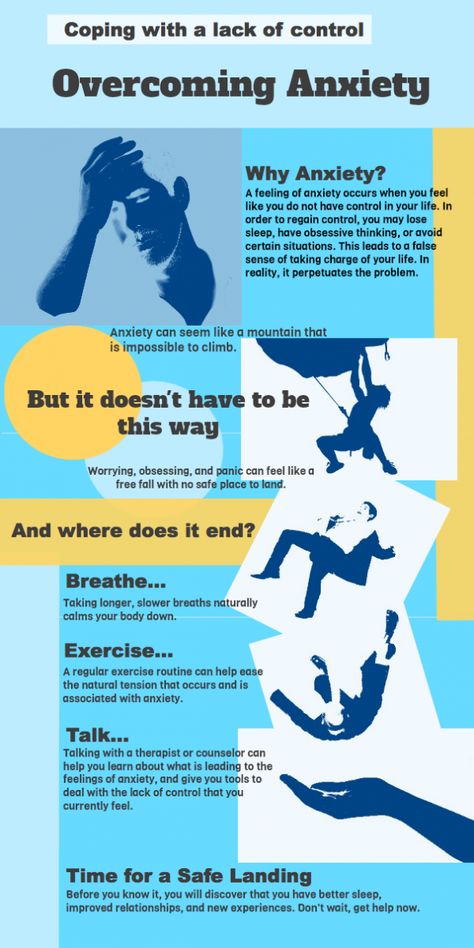
Perhaps your best friend had an affair with your partner, abused their partner, committed a serious crime, or voted for a political candidate who represents a direct threat to your existence.
You might forgive these actions while still finding them impossible to accept without compromising your own values.
Acknowledging your friend wasn’t the person you imagined can cause distress that goes beyond mere grief. A therapist can help validate these feelings and offer compassionate guidance as you begin coping with your loss.
Painful as it is, grief is part of the natural processes of life. It even has value, since it marks your ability to love.
This might seem unlikely now, but time will help transform the sharp sting of loss into something more manageable.
Crystal Raypole has previously worked as a writer and editor for GoodTherapy. Her fields of interest include Asian languages and literature, Japanese translation, cooking, natural sciences, sex positivity, and mental health.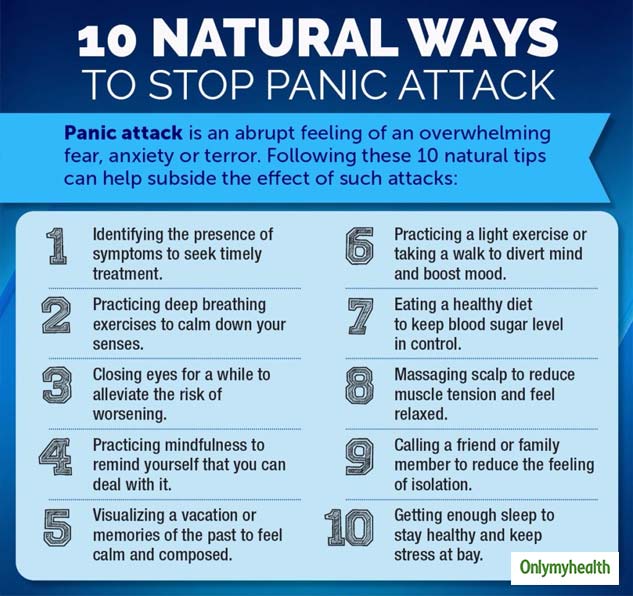 In particular, she’s committed to helping decrease stigma around mental health issues.
In particular, she’s committed to helping decrease stigma around mental health issues.
Coping with the Death of a Friend
When a good friend dies, there are no words that can fill the void in your life. If you are like most people, your mind may be searching for an answer to the unanswerable question, “why?” But as you know, death is inevitable and it can visit at anytime.
Even though you are intellectually aware that you and your friends are not invincible, it doesn’t make it any easier when someone you love dies. You may ask yourself, “How am I going get through this?” or “Will my life ever return to normal?” The answer to both questions is “yes.” Yes, but... You will be forever changed by your friend’s presence in your life — and that’s not a bad thing. Anytime that you suffer a loss, you are changed forever. Though it may not seem like it now, there will come a time that you will be grateful to have had this person in your life.
Coping with Loss
1. Surround yourself with a circle of support.
Surround yourself with a circle of support.
You need loved ones to help you get through these tough times. You may rely on friends, family, teachers, and other people that you know and trust. The people you go to for help are your circle of support. They will pick you up when you're feeling down and remind you that you are a strong person.
2. Accept not having an answer.
It’s natural to ask the question "why?" over and over again. Unfortunately, there isn't an answer to the "why?" question. In life, bad things happen to good people, and this is especially true when someone has passed away. Part of the healing process is learning to find ways to deal with the unknown and accepting there will never be an answer.
3. Take care of yourself.
Taking good care of yourself may be a challenge when you have lost someone so special to you. When your world has been turned upside down, things that were once easy may now seem difficult and complicated.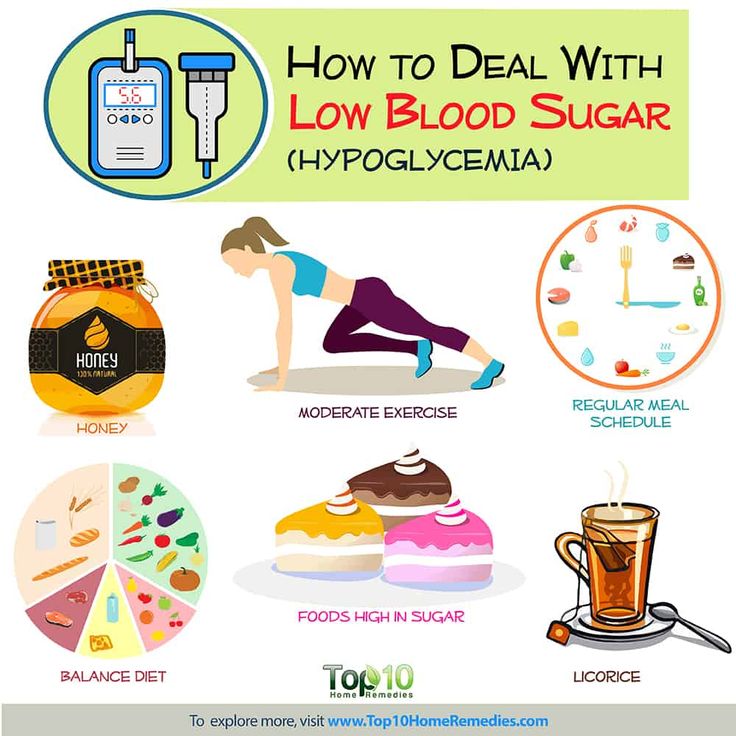 Even though you may not feel like eating and sleeping, both are essential to your physical and emotional well-being. Taking care of your body is the first step to taking care of your mental and emotional health.
Even though you may not feel like eating and sleeping, both are essential to your physical and emotional well-being. Taking care of your body is the first step to taking care of your mental and emotional health.
4. Take one day at a time.
Slow down and take deep breaths. Deep breathing can help you relax, let go of stress, and help you focus on the present. Try to stay grounded in the present. Cycling through the past won't change anything and worrying about the future won't change the past. Learning to slow down and take one moment at a time will help you when your mind takes you places that you don’t want to go. Give yourself gentle reminders to focus on one minute, one hour and one day at a time.
5. Comfort yourself in your sorrow.
Comforting yourself is doing something nurturing and kind that helps you feel better. It's the little things that can really help calm, ease, and settle your discomfort. Life's small comforts can even make hard times more manageable. Comforting can come from baking homemade cookies or snuggling with a favorite blanket. As small as these things may seem, they will help you feel better.
Comforting can come from baking homemade cookies or snuggling with a favorite blanket. As small as these things may seem, they will help you feel better.
6. Do something.
Sometimes when you feel helpless the best thing you can do is get busy and do something. Think of a way that you can honor your friend’s memory. Perhaps you can orchestrate an event at your school or find a cause that your friend was passionate about and volunteer.
As you probably already know, there isn’t a quick fix to making the pain go away, nor does healing happen overnight. You may feel as though the pain will never go away, and in a sense, that’s true. But there will be a time when the memories will bring more smiles than tears, and good memories will outnumber the bad. There will come a time when you will be able to look back and be grateful for having your friend in your life. There will come a time you will realize that it's better to have loved and lost than never to have loved at all.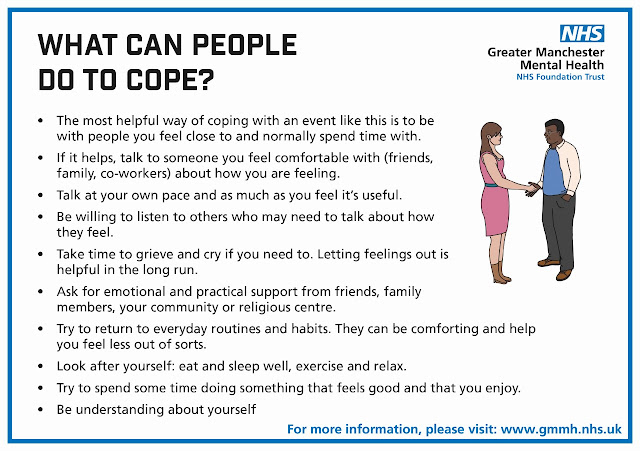
How to survive the breakup of friendships | Psychology of effective life - Psychology of effective life
You were sure that you would be together until the end of your days, but it's all over. And now you no longer have that same best friend, but it seems like a part of yourself. You never doubted her and knew everything about each other: the most disgusting flaws and crazy dreams, all kinds of nonsense. You were sure that you were "friends for life", but one day, without warning, your "other self" left you. She simply disappeared, leaving behind a gaping void in her soul.
Psychoanalyst Daniel Brun, author of Passion in Friendship (Odile Jacob), explains what happens when friendships break. It is necessary to understand this in order to recover from the loss.
When you no longer have common values
There are times when friendships “for life” begin in childhood, but then fade away. One received a higher education, and the second remained to live in the village. One got married early and gave birth to the weather, the second wants to make a career. You need to love each other very much and have time to keep in touch in this situation.
One got married early and gave birth to the weather, the second wants to make a career. You need to love each other very much and have time to keep in touch in this situation.
And one day you don't think about each other anymore. But everything can one day resume, because the break did not happen, life just gently divorced you. Friendship seems to be put on hold. A friend continues to live in your heart until you meet again. Or never meet again. And it doesn't hurt.
Betrayals happen. For example, a friend took away a loved one. Here, naturally, we are overcome by anger and disappointment. And the reason is still not in a friend, the bitterness of disappointment in love comes to the fore. What about a girlfriend? It's easier to forget about it.
There is misunderstanding, suffering from parting in its purest form, when friendship ends suddenly and for no apparent reason. How could my friend, the sister of my heart, do this - just throw me out of her life?
- She chose love over our friendship (for some reason, no one ever chooses the other way).
— I was not good enough for her (friend changed social environment).
- She preferred another friend to me.
She doesn't like my new man.
- She criticizes my child-rearing methods.
She intervenes in things that do not concern her.
So one fine day it turns out that we can no longer tolerate each other. Then we look for and find all sorts of excuses to justify the breakup. This is provided that the girlfriend does not dissolve quietly and imperceptibly, as if she had never been in our life.
“My best friend burned all the bridges between us at once, without any explanation. She never answered my calls or messages again. And she removed me from her Facebook friends, - says Alina, 27 years old.
Unlike love, friendship is always mutual. You and your friend are always on the same wavelength. "Friendship is sharing common values," says Daniel Brun. It begins to show its first cracks the day we begin to think differently. A friend should follow our path with us and perhaps even repeat its turns.
A friend should follow our path with us and perhaps even repeat its turns.
Of course, this is ideal. Life is complicated, so for the sake of maintaining friendship, it is worth respecting the choice of our friends, just as they respect yours. However, these emotional stunts are not always easy to perform on tight turns. For example, when you choose a man who absolutely does not like your best friend, or when she radically changes her political views, the bond between you begins to weaken until you stop thinking about her at all one day.
Disappointed passion
If a part of you disappears just like that, then maybe it was ready to leave a long time ago, it just needed a convenient excuse and the right moment. “She had recently divorced, so she wanted to change her life and her entire environment, to break with everything that reminded her directly or indirectly of her recent past, ,” analyzes 37-year-old Sybil. “ I never thought that she would get rid of me like an old sock, just because I became an unwitting witness to the past that she wanted to erase.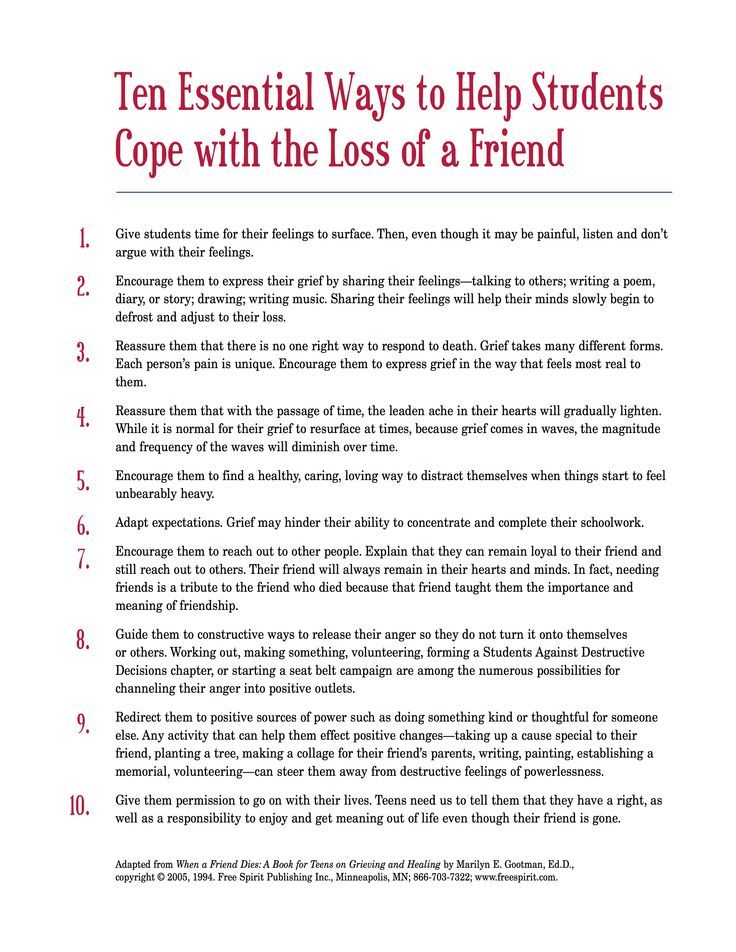 ”
”
This situation often occurs at the beginning of a new life cycle, which inevitably leads to profound personal changes. A friend who wants to change brushes off her confidante, a witness to her emotional turmoil, because it reminds her of who she was, but doesn't want to stay anymore. And you, falling from the pedestal of friendship, do not understand anything! And if you are not explained in any way the reasons for the sudden rejection, then only because most often they are deep in the subconscious, your recent best friend will not be able to formulate them even for herself.
“If this happens when you are the first to realize that you no longer share the values that bound you before, then you yourself will be faced with a choice and will be forced to end the relationship,” says Daniel Brun.
To stop suffering, you need to try to find meaning in this gap.
The problem is that not everything can always be explained. "Sometimes friendship just gets boring," says Daniel Brun. The impulse has passed, the passion has faded, because it was just her, otherwise we would have been indifferent to everything from the very beginning. It will take some time to finally formulate the right question for yourself: “What have I invested in my girlfriend that now the breakup is causing me such pain?”
The impulse has passed, the passion has faded, because it was just her, otherwise we would have been indifferent to everything from the very beginning. It will take some time to finally formulate the right question for yourself: “What have I invested in my girlfriend that now the breakup is causing me such pain?”
What we are losing
In his essays, Montaigne wrote about friendship: i" . To lose a friend is to lose with him everything that you have invested in him. Someone who rejoiced in your happiness and mourned our troubles with us. Someone you admired and who responded the same to you. To whom one could tell everything without fear of condemnation.
"A friend must become a master in the art of divination and in the art of silence," said Nietzsche. Aristotle defined a friend as "the one who makes us better" . As an ideal of himself, psychiatrists would add.
A friendly look made you feel truly alive and real.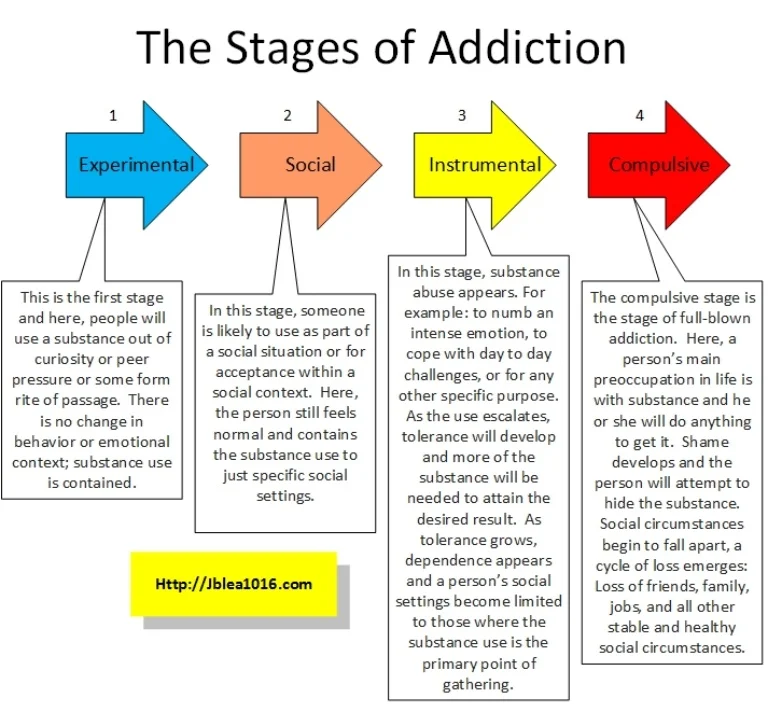 When a friend leaves you, it's like you're falling from a height. You are no longer unique and extraordinary. And there is no one else with whom you can chat for hours, as in childhood. Losing friends take with them not only a part of you, but also your ability to trust. Sometimes it takes a long time to recover from a loss.
When a friend leaves you, it's like you're falling from a height. You are no longer unique and extraordinary. And there is no one else with whom you can chat for hours, as in childhood. Losing friends take with them not only a part of you, but also your ability to trust. Sometimes it takes a long time to recover from a loss.
If you can't get over this kind of trauma, it's good to know that you can build new friendships throughout your life, friendship is not the exclusive privilege of childhood and adolescence. And the right thing to do in a new relationship might be to forego the full merger and exclusivity requirements. And also not to make your “second self” or “soul mate” out of a new friend and have a few heart friends.
Source
Editorial
Friendship deserves some effort to maintain, says journalist Jessica Xavier. In her article you will find 10 tips for maintaining friendly relations: https://psy. systems/post/kak-podderzhivat-druzhbu.
systems/post/kak-podderzhivat-druzhbu.
Betrayal - what could be worse than a knife in the back from a person you completely trust? Few are willing to see this as a positive and a valuable resource. Tips from a happy change coach, trainer Irina Fjellner Patlakh will help to survive betrayal less painfully and see this phenomenon from different angles: https://psy.systems/post/kak-perezhit-predatelstvo-s-polzoj-dlya-sebya.
Do you notice that your child has communication difficulties? Pedopsychiatrist Stefan Klerge tells how you can help him make friends: https://psy.systems/post/kak-pomoch-rebenku-zavesti-druzej.
About lost friends. How to deal with the loss of a friend?
Friends. These are the people who can make good times better and difficult times easier. Friends are not just the icing on the cake of life - they are the cake. They make life more fun, fulfilling, and simply better for everyone around you. Friends can be people we meet at school, at work, or anywhere else. Friends can also be family members. If we look at our lives as a personal story, our friends are the people who share our stories. They are the ones we see when we look back at our scrapbook of life. And when they are really there, we trust them the most.
Friends can be people we meet at school, at work, or anywhere else. Friends can also be family members. If we look at our lives as a personal story, our friends are the people who share our stories. They are the ones we see when we look back at our scrapbook of life. And when they are really there, we trust them the most.
A good friendship requires some investment. The great news is that friends don't have to be—and never will be—perfect. That's life. Isn't that a relief?! Sometimes we are at our best and sometimes at our worst. In good friendship where there is reciprocity, we know these things. We can be really kind, laugh together more often and be honest with each other. Friends can be great support and testers of our reality. The bottom line is that our friends are the people we let into our lives. Therefore, they bring a certain stability and normality to our lives.
Also read: What types of people will you meet more often throughout your life?
What happens when we lose a good friend? When a friend leaves or dies?
These losses happen every day. This is a life change. Unfortunately, this form of loss is not always recognized or understood. This is often seen as an ambiguous loss.
This is a life change. Unfortunately, this form of loss is not always recognized or understood. This is often seen as an ambiguous loss.
So how do you get over the loss of a friend?
Be kind to yourself. Recognize that you are taking a hit. The more we invest in people, the greater the grief when we lose them from life. Consider the circumstances and allow yourself to grieve accordingly.
If you lose a friend to death, acknowledge that you are grieving the loss of someone near and dear to you, and give yourself time and space to do so. Reach out to others who share your loss if that helps you, and make time for yourself to do the things that make you feel comfortable. Give yourself time, and understand that by honoring your loss, you are also honoring your friend.
On the subject: Why can friendship end at any moment?
Consider your needs when the loss is due to a friend's move or other circumstances.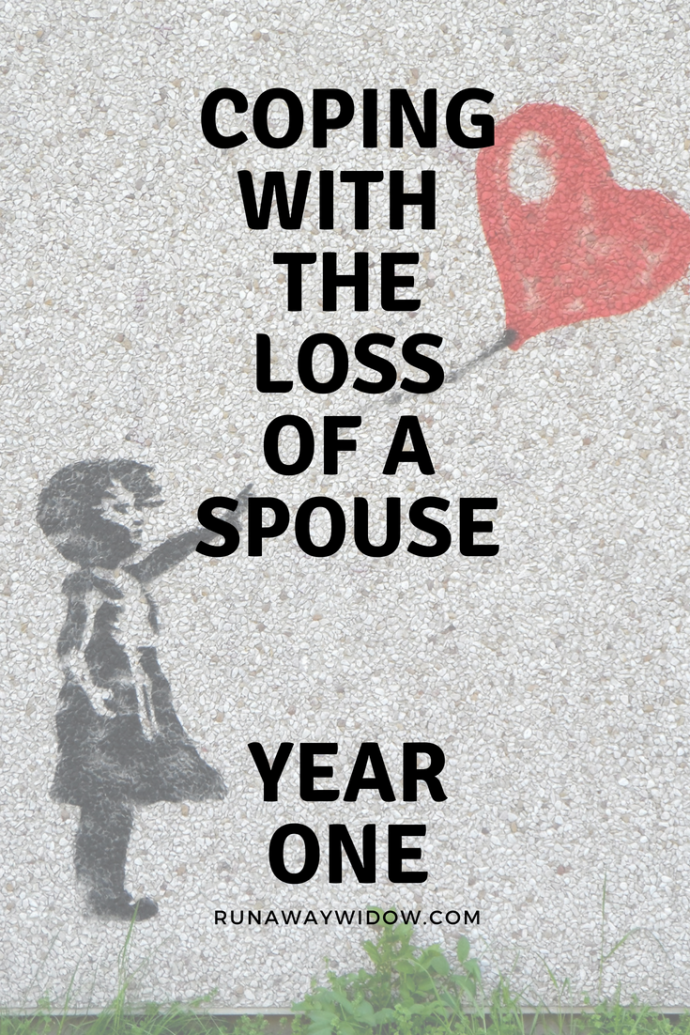 If you lose a friend in your everyday world due to geographic relocation or other circumstances beyond your control, recognize that this too is a loss. If your life is very busy and you lose an important foothold in your life, or a person who shares daily life with you, the loss is not only significant - it is powerful in a practical sense. This form of loss requires adjustment and takes time.
If you lose a friend in your everyday world due to geographic relocation or other circumstances beyond your control, recognize that this too is a loss. If your life is very busy and you lose an important foothold in your life, or a person who shares daily life with you, the loss is not only significant - it is powerful in a practical sense. This form of loss requires adjustment and takes time.
In these cases, you may want to expand your world and take part in activities that introduce you to new people. Acknowledge the feelings you carry about the loss, even if they are uncomfortable or don't seem appropriate. For example, if you are caught off guard, you may have many mixed feelings. At the same time that you are sad, you can also be angry. Or maybe you feel happy for your friend but feel bad for yourself. These are all normal reactions. By giving yourself time to adjust, trying to keep a clear and balanced view of your circumstances, your friend and your own potential will help you eventually make the transitions that these losses bring.